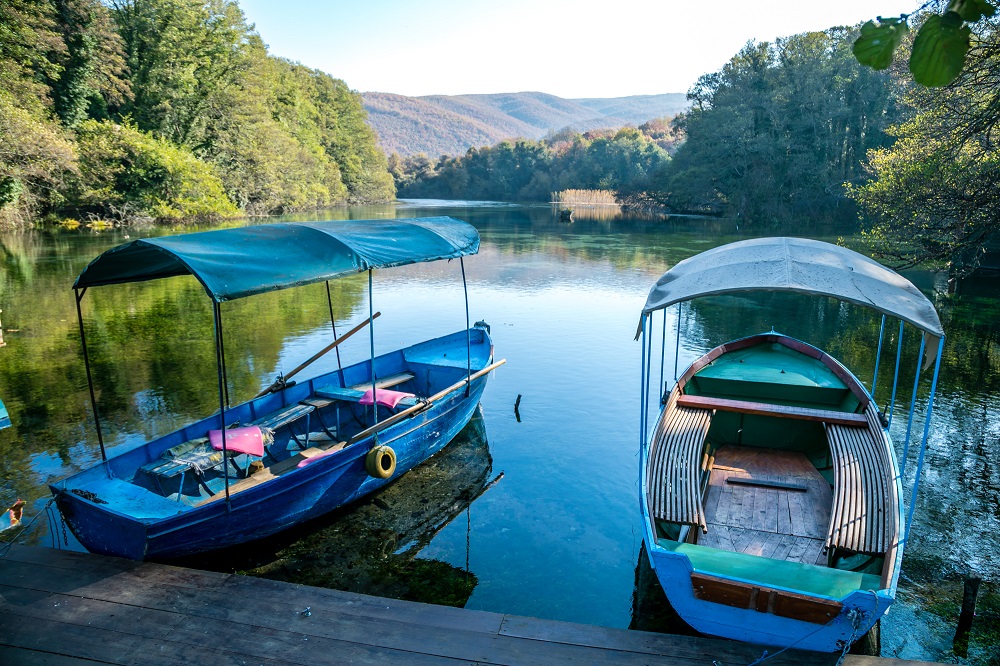The Nexus Assessment process in the Drin basin was initiated under the GEF-funded project “Enabling Transboundary Cooperation and Integrated Water Resources Management in the extended Drin River Basin” (the “Drin Project”), implemented by UNDP and managed by GWP-Med in cooperation with UNECE “Drin Project”. The Transboundary Diagnostic Analysis (TDA) developed in its context included a “Thematic Report” on the Water-Food-Energy-Ecosystems Nexus, prepared in 2018-2019 with co-financing from the Austrian Development Agency under the SEE Nexus Project.
The Nexus Thematic Report (essentially the Phase I Nexus Assessment) provides insights on key cross-sectoral issues related to the energy, forestry, and agriculture sectors in the context of river basin management, selected because of their actual or potential impact. Also taking into account the proceedings of the discussions during the dedicated sessions and working groups in the context of the 6th Drin Stakeholders Conference (Ohrid, North Macedonia, 14-15 Nov 2018), the Report shows that there are at least three areas where improving cross-sectoral governance could bring a significant positive impact for the basin:
- Energy and water, because of the key role of hydropower operators in flow regulation and the management of floods (and droughts) and because of the necessity to increase resilience to water stress across the economy;
- Energy, forestry, and water, to upgrade the value chain of wood biomass, improve forest management in the basin, and in turn better manage erosion and sedimentation;
- Agriculture and water, because of the need to boost a sector that is key for the rural economy but that is currently stagnating and unsustainable.
The Nexus Thematic Report includes a qualitative analysis of the above inter-sectoral dynamics, with emphasis on the potential of regional cooperation as a driver of positive change. It also points at the further analytical work that is needed to quantify the benefits of cooperation. Overall, addressing the nexus of water, food, and energy security as well as the integrity of the ecosystems, the relevance of the entire spectrum of competing water needs and impacts on water resources is recognised, stressing the explicit role, interests, and leadership of other sectoral stakeholders beyond the water management and environment protection.
See here the key findings of the Nexus Phase I Thematic Report.
For more information on related activities, see news items below
(c) 2S Studios
